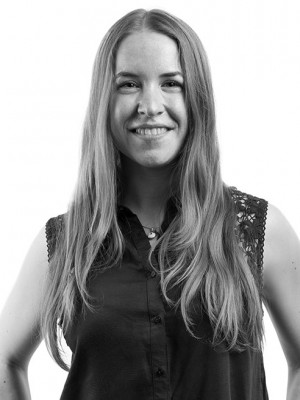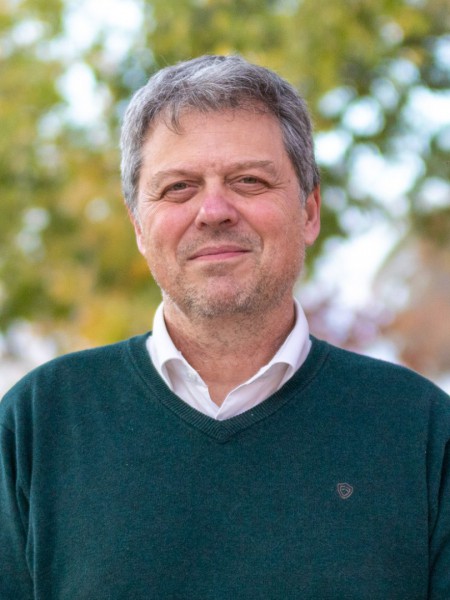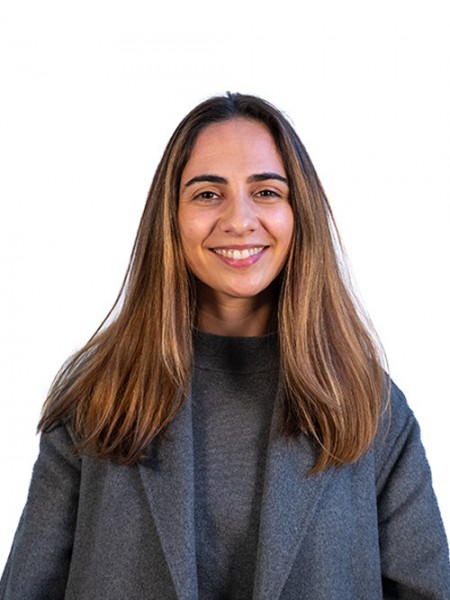abstract
From an over-engineering era in which biomaterials played a central role, now it is observed to the emergence of developmental tissue engineering (TE) strategies which rely on an integrative cell-material perspective that paves the way for cell self-organization. The current challenge is to engineer the microenvironment without hampering the spontaneous collective arrangement ability of cells, while simultaneously providing biochemical, geometrical, and biophysical cues that positively influence tissue healing. These efforts have resulted in the development of low-material based TE strategies focused on minimizing the amount of biomaterial provided to the living key players of the regenerative process. Through a minimalist-engineering approach, the main idea is to fine-tune the spatial balance occupied by the inanimate region of the regenerative niche toward maximum actuation of the key living components during the healing process.
subject category
Engineering, Biomedical; Nanoscience & Nanotechnology; Materials Science, Biomaterials
authors
Correia, CR; Bjorge, IM; Nadine, S; Mano, JF
our authors
Projects
CICECO - Aveiro Institute of Materials (UIDB/50011/2020)
acknowledgements
X I.M.B. and S.N. contributed equally to this work. The authors acknowledge the financial support given by the Portuguese Foundation for Science and Technology (FCT) for the projects CIRCUS (PTDC/BTM-MAT/31064/2017), SUPRASORT (PTDC/QUIOUT/30658/2017 and CENTRO-01-0145-FEDER-030658), Marine Biotechnology ERA-NET project BLUETEETH (No. ERA-MBT/0002/2015, under EU FP7 with Grant Agreement No. 604814) and CICECO-Aveiro Institute of Materials (Nos. UIDB/50011/2020 and UIDP/50011/2020 financed by national funds through the FCT/MEC and, when appropriate, cofinanced by FEDER under the PT2020 Partnership Agreement), as well as for the doctoral grants of I.M.B. (No. SFRH/BD/129224/2017) and Sara Nadine (No. SFRH/BD/130194/2017). They also acknowledge funding from the European Research Council through the Advanced Grant attributed to J.F.M. for project ATLAS (No. ERC-2014-AdG-669858).





